From 2000 to 2003, Fiona Terry worked as a research director with MSF-Crash, before spending three years in Myanmar with the International Committee of the Red Cross (ICRC). She holds a Ph.D. in international relations and political science from the Australian National University and is the author of Condemned to Repeat? The Paradox of Humanitarian Action (2002).
Fiona Terry
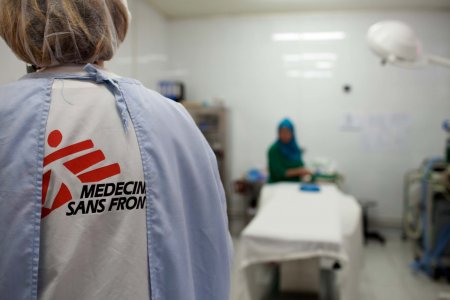 Amador Gullar
Opinion
Amador Gullar
Opinion
Humanitarian action victim of its own success
01/01/2003 Fiona TerryThe international aid regime tends to exaggerate changes over the last decade in the nature of so-called humanitarian crises. Neither violence perpetrated against civilian populations nor the dilemmas posed to aid organisations attempting to assist them have worsened since the end of the Cold War.
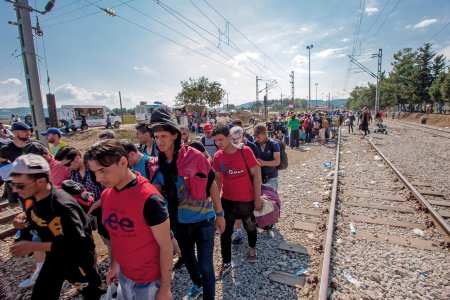 Borja Ruiz Rodriguez
Opinion
Borja Ruiz Rodriguez
Opinion
Codes of conduct: whose interests do they serve?
01/01/2003 Fiona TerryAs the USA announces its decision to suspend food aid to North Korea - one of the largest beneficiaries of global food aid - Fiona Terry reveals the true political issues behind the decision, and reminds us of how "humanitarian" assistance is used to bolster one of the planet's most oppressive regimes.
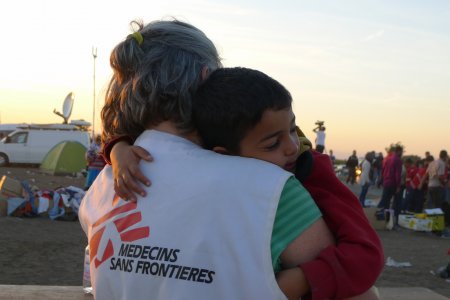 Ana Lemos
Opinion
Ana Lemos
Opinion
The Deadly Secrets of north korea
09/04/2001 Fiona TerryIn this article, Fiona Terry discusses the tragic situation of the North Korean people, despite North Korea being one of the world's largest beneficiaries of food aid.
 Dominic Nahr
Opinion
Dominic Nahr
Opinion
Military involvement in Refugee crisis, a positive evolution?
05/01/2001 Fiona TerryMilitary involvement in refugee relief operations has undergone a remarkable evolution over the last decade, from providing logistical support to aid organisations in Kurdistan in 1991 to leading relief efforts for Kosovar refugees in 1999.
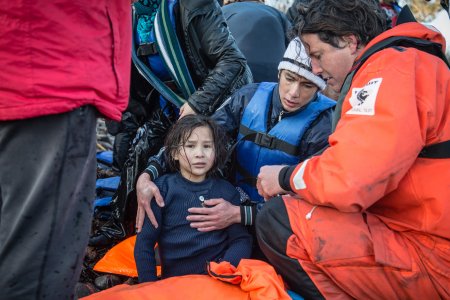 Will Rose
Articles and blog
Will Rose
Articles and blog
The Limits and Risks of Regulation Mechanisms for Humanitarian Action
10/01/2000 Fiona TerryThis brief article aims to clarify some of the central concerns held by organisations like Médecins sans Frontières as regards the approach and the application of uniform set of standards to respond to the needs of people in distress.
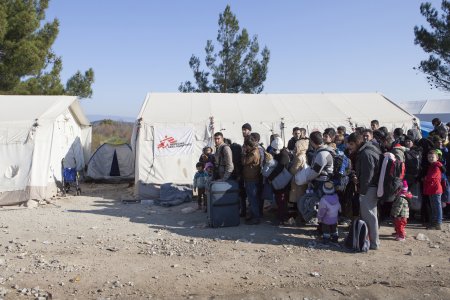 Alex Yallop
Analysis
Alex Yallop
Analysis
Reconstituting whose Social Order, NGOS in disrupted States
07/06/1999 Fiona TerryWhat role should NGOs play in states undergoing reconstruction? What position should they take vis-à-vis civilian donors (governments and supranational institutions) and armed forces?
